The silent heroes of a rampant health war
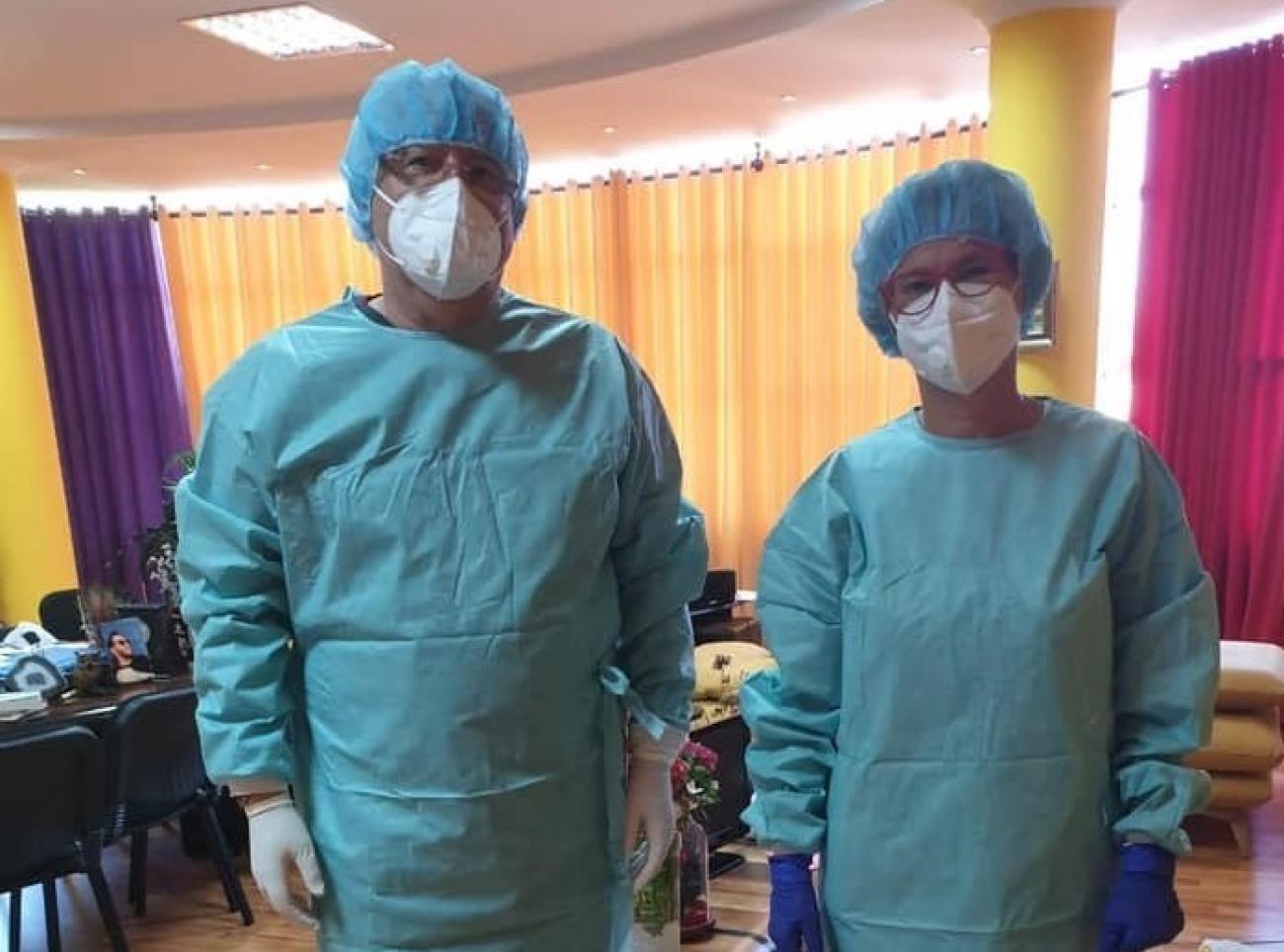
- Stories of real people
Drini and Daria Molla used to overwhelm their mother with their joyful daily stories and the lovely noise of a family whenever she was back from her work.
Merita Rroji, a PhD medical doctor is their mother; she leads since a few years the Dialyses Service at Nephrology Ward at Mother Theresa University Hospital. Now at her late returns at home, her kids sit silent and afar, as she needs to rest a bit after the overloaded long hours of her day.
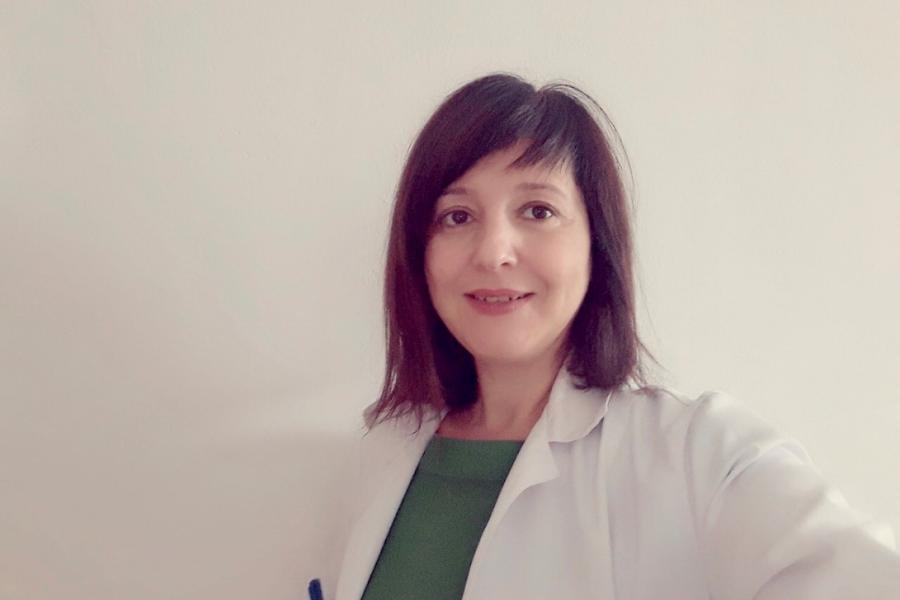
“Even the way they kiss me has changed” - Dr. Merita says sadly. Their father, a dentist, has months cooking for them and looking after them keenly.
“The neighbors also stare at me with a vibrant fear and I have stopped taking the lift, although I live at the 6th floor” – Dr. Rroji adds. She admits to be scared too, but not shattered. “May be my fear is due to the fact that we know a bit more about the virus. And we should care more than anyone else”.
“Drini is now 17 and Daria - 12 years old only. It is such a critical period for them both and I so need to be closer to them. But I simply can’t” - Dr. Merita Rroji says. Her days at work have turned endless and her fatigue weights heavy under her bright eyes.
She confesses that she would never forgive herself if her children were to fall sick with Covid due to her love.
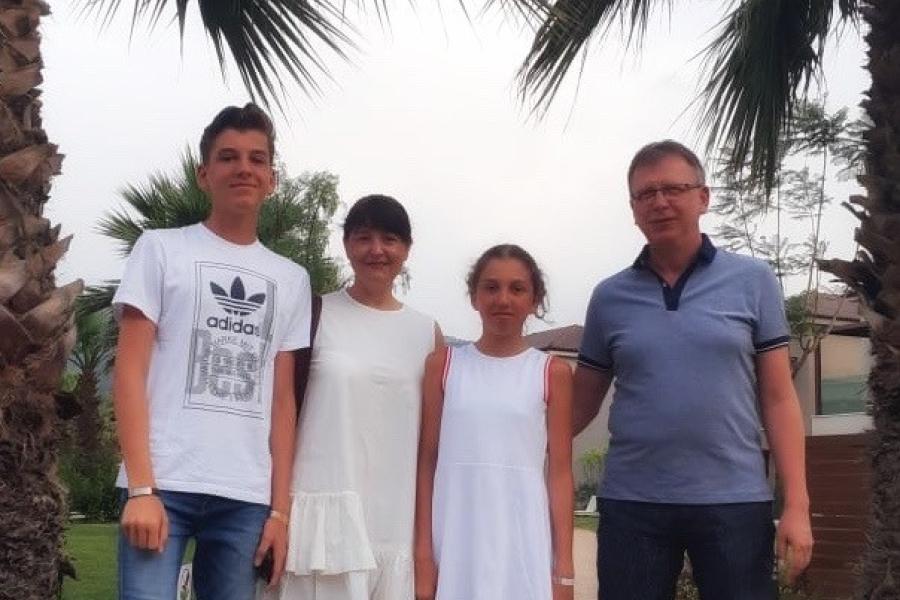
***
The Union of Health Workers in Albania invited the Prime Minister Office to award a National Hero status to the doctors who lost their lives while fighting Covid-19. This is the highest honorary Award the Albanian state entitles to its more prominent nationals.
Three active doctors and a number of frontline workers have died due to the virus since the pandemic outburst in Albania in March 2020.
PhD. MD. Arjan Pushi was only 57 years old and suffered of no other diseases. He was the first doctor in Albania to die from Covid-19 on June 30, 2020. He led the Hematology Ward at Mother Theresa University Hospital.
The Minister of Health Ogerta Manastirliu briefed the media that despite the extreme efforts made by his colleagues to save his life, doctor Pushi could not make it.
The Albanian President Ilir Meta called the first COVID death among doctors as shocking and extremely painful. He noted that this first loss of medical staff proved out of any doubt the very high risk of the virus, and the fact that “any negligence would turn tragically serious for the health, life and the economy of the country” if tolerated. He appealed on the institutions to increase their responsible attention and efforts in order to guarantee the highest possible protection of doctors, nurses and all frontline health workers from Covid-19.
The Speaker of the Albanian Parliament Gramoz Ruçi expressed his sadness and condolences, while considering Dr. Pushi’s death an alarming bell to all. “The protection of human lives is today an individual, human and national duty of all the institutions as well as of our citizens” - he said. Also the leader of the main opposition Lulzim Basha recognized in his condolences the high value of the service paid by the medical staff to fighting Covid and to help hundreds of patients.
Prof.Ass. Tritan Kalo, a prominent doctor who took a lead in the public debate related to the pandemic, called Dr. Pushi “a hero of the army of heroes of all health workers”. Dr. Kalo is a member of the Technical Committee advising the Government on the fight against Covid-19.
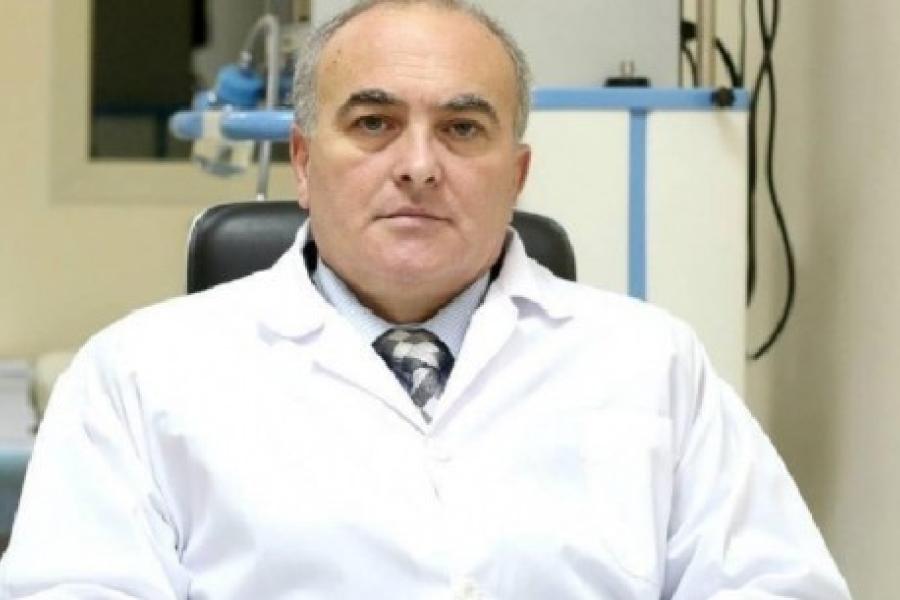
Since the end of June, two other medical doctors - Dr. Anibal Byberi and Dr. Hysni Shkjau - lost their lives. Dr. Shkjau was an active GP in a remote district in northern Albania.
At least two other frontline workers have also been declared as victims of the pandemic.
No official number has been made available by the authorities.
The mental health toll of the pandemic has been felt also on health workers. Mental health experts at the WHO Country Office say that countless numbers of working hours in exposed situation, deprivation of social and family contacts, work under stress and furthermore in continuous protecting gears, concerns about being infected and/or infecting others have been putting health care workers under clear danger of developing psychological consequences.
WHO regional office for Europe has committed to include Albania in an intervention that will help health care workers to take preventive measures, monitor their psychological conditions, and ask for assistance if needed. A digital tool is under development and will be contextualized for the Albanian use.
WHO Representative and Head of Country Office, Albania- Dr. Bettina Menne says the protection of health workers has been a priority to the organization since the first day.
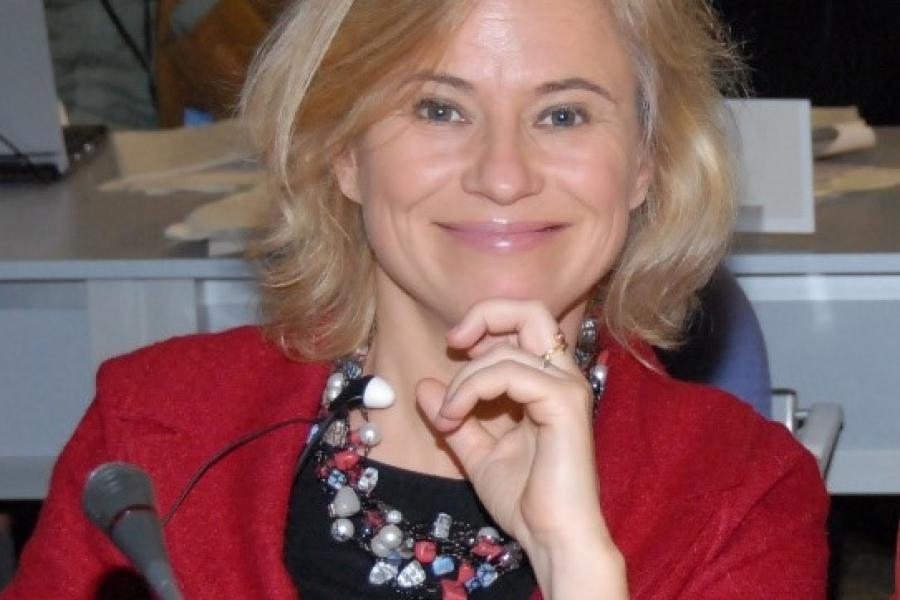
““To save our health professionals there is an urgent need for scaling up infection, prevention and control measures in all health services in Albania. We informed repetitively our citizens of the increased risk health workers face by the noncompliance of hygiene measures by citizens, making it a focal point of our intensive and continuous risk communication campaign”
“The virus wins if we allow that the Health Worker is turned into Patient” – Dr. Menne, WHO Representative and Head of Country Office, Albania says.
WHO has trained 70 health workers at all levels and is preparing to launch a training on Medical Students, who are expected to return to school, as the societies open gradually and carefully.
Over 100.000 medical, surgery and respiratory masks have been provided along with over 4.000 face shields and many other PPEs.
Regularly WHO Director has visited Covid Hospitals in Albania to make sure that the medical staff and all health workers are provided enough support to protect themselves and prevent infections.
WHO Albania is preparing to supply an additional number of gloves to local hospitals and health institutions, while it remains committed to provide any technical assistance to the authorities and hospitals, who have considered the WHO assistance so far precious and indispensable.
With less than 10.000 confirmed cases of COVID-19, Albania has suffered a lower mortality rate compared to the European region with only 300 casualties. The number of cases per 100.000 inhabitants is however much above the European average.
WHO advice found from the beginning of the outbreak a good local response as Albania was among the first countries to abide to a strict lockdown, while the country is now preparing to safely reopen schools.
“We expect to have a central role to drive the country safely through a process that is not easy, country director Bettina Menne says. But this is why we are here”.


